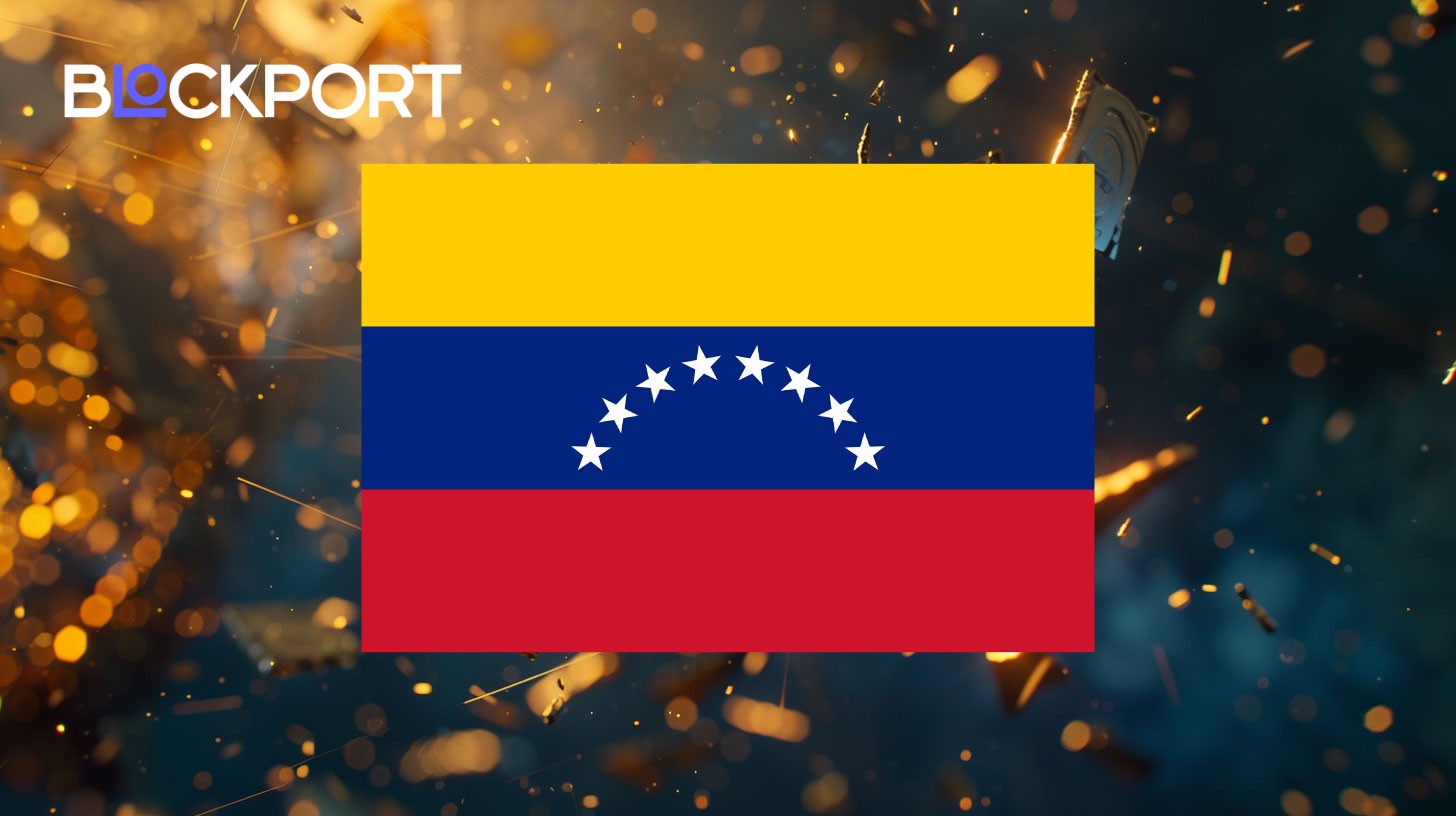Thailand Rolls Out Crypto Payment Option for Tourists

Thailand launches TouristDigiPay on Aug 18, letting foreign tourists convert crypto to baht for QR payments with 500,000 baht monthly limits.
Thailand began its TouristDigiPay program on August 18, 2025, allowing foreign tourists to convert cryptocurrency into Thai baht for electronic payments. The nationwide sandbox operates under oversight from the Bank of Thailand and the Securities and Exchange Commission.
Deputy Prime Minister and Finance Minister Pichai Chunhavajira presented the program details as part of government efforts to boost tourism following reduced visitor arrivals, particularly from China.
Foreign tourists can now exchange crypto for baht through licensed firms and make payments using QR codes at merchants. The system requires tourists to open accounts with regulated crypto companies and e-money providers. Users cannot spend crypto directly at stores or withdraw cash during their stay.
The program includes strict identity verification requirements and spending limits. Tourists can spend up to 500,000 baht monthly at businesses with card terminals and 50,000 baht at smaller merchants. Transactions at high-risk businesses identified by the Anti-Money Laundering Office are banned. Funds can only be withdrawn when closing accounts.
The central bank developed a “Tourist Wallet” system to handle QR-code payments, targeting visitors from countries without existing cross-border QR payment arrangements. Future versions may connect to foreign debit and credit cards.
Bank of Thailand official Naphongthawat Phothikit said the central bank worked with e-money providers to create the Tourist Wallet for foreign visitors making QR payments.
The program operates as a regulatory sandbox, meaning it has temporary approval for testing purposes. Only foreign tourists temporarily visiting Thailand can use the service.
Thailand’s securities regulator completed public consultation on using crypto and financial innovation for tourism support on August 13. Officials had previously indicated plans for a limited trial in Phuket before expanding nationwide.
The program converts crypto to baht through regulated intermediaries rather than allowing direct crypto spending at merchants. All transactions must go through the electronic payment system with proper documentation and monitoring.
Content on BlockPort is provided for informational purposes only and does not constitute financial guidance.
We strive to ensure the accuracy and relevance of the information we share, but we do not guarantee that all content is complete, error-free, or up to date. BlockPort disclaims any liability for losses, mistakes, or actions taken based on the material found on this site.
Always conduct your own research before making financial decisions and consider consulting with a licensed advisor.
For further details, please review our Terms of Use, Privacy Policy, and Disclaimer.




























